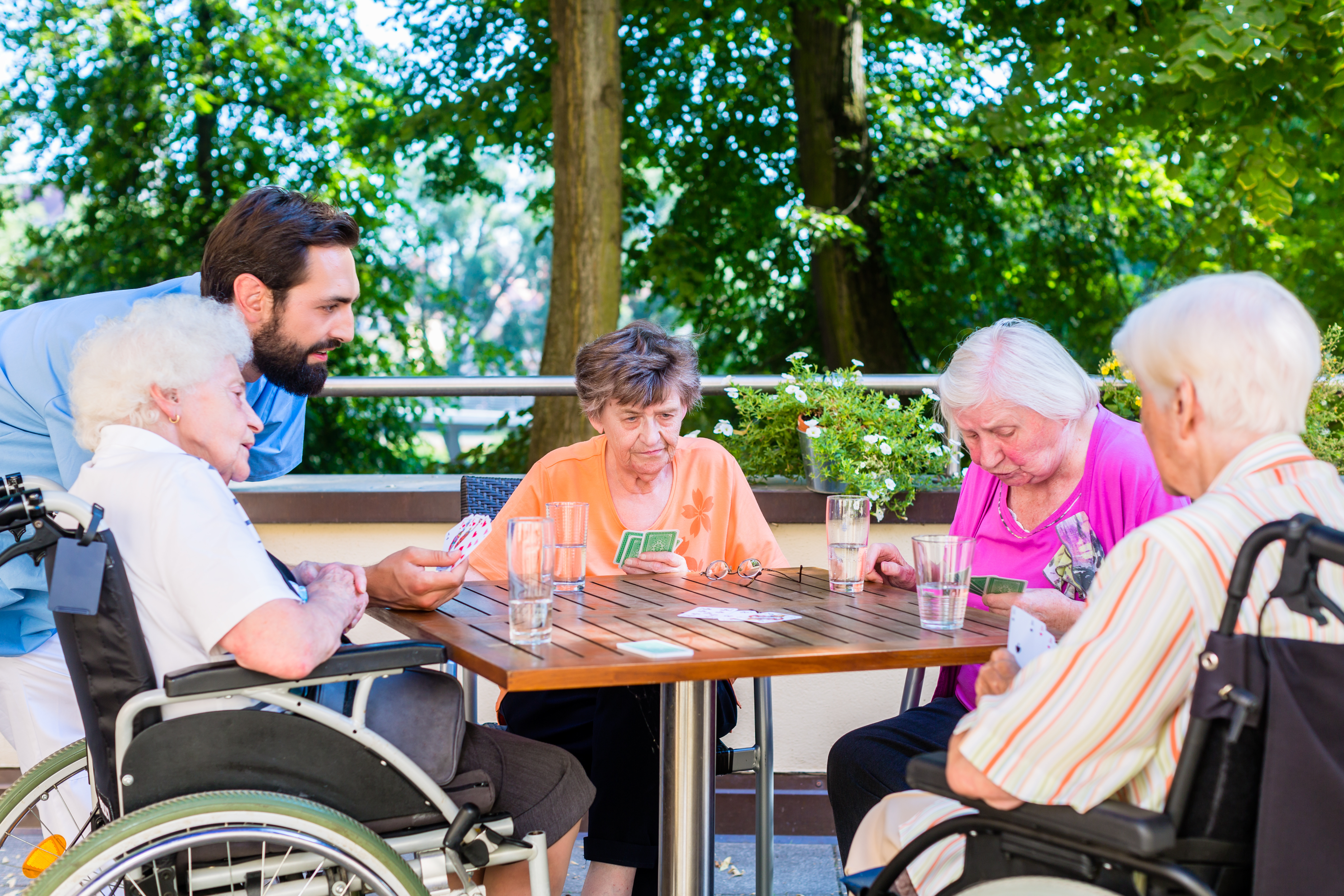Lewy Body Dementia (LBD) is a progressive neurological disorder that causes visual hallucinations, delusions, and cognitive decline. These symptoms can be distressing for both seniors and their families. In Ontario, retirement homes with specialized memory care programs play a crucial role in managing these challenges, ensuring safety, comfort, and quality of life for individuals with LBD. This article explores how retirement homes in Ontario provide the right medical support, structured environment, and therapy options to manage hallucinations and delusions in seniors with Lewy Body Dementia.
 Why Do Hallucinations and Delusions Occur in Lewy Body Dementia?
Why Do Hallucinations and Delusions Occur in Lewy Body Dementia?Unlike Alzheimer’s disease, which mainly affects memory, LBD also impacts perception and cognitive processing, leading to visual hallucinations and paranoid delusions.
Managing these symptoms requires specialized care that many Ontario retirement homes and memory care units are equipped to provide.
Ask questions regarding retirement homes to our experts
When choosing a retirement home for a loved one with LBD, consider the following factors:
| Feature | Why It’s Important for LBD Care |
|---|---|
| Specialized Memory Care Units | Provides trained staff, structured routines, and secure environments |
| Medication Management | Ensures safe use of dementia medications and prevents harmful drug interactions |
| Cognitive and Sensory Therapies | Helps reduce hallucinations and agitation |
| Low-Stimulus Environment | Prevents sensory overload, which can trigger hallucinations |
| 24/7 Nursing Support | Monitors health changes and ensures immediate intervention if needed |
Retirement homes provide structured environments, trained staff, medication management, and therapies to reduce hallucinations and improve quality of life.
No, only memory care units within specialized retirement homes have the expertise to manage hallucinations, movement issues, and cognitive fluctuations.
Most antipsychotics should be avoided, as they can worsen LBD symptoms. Instead, cholinesterase inhibitors and non-drug therapies are preferred.
Yes, these facilities include fall prevention measures such as handrails, mobility support, and staff monitoring.
Memory care costs $4,000 - $7,500 per month, but government subsidies may reduce expenses for eligible seniors.
Yes, Ontario offers long-term care subsidies and financial assistance through Home and Community Care Support Services.
Managing hallucinations and delusions in Lewy Body Dementia requires specialized care. Ontario retirement homes with memory care units provide the necessary support through trained staff, medication management, cognitive therapies, and structured routines.
Don't hesitate to contact us at 343 309 5289. We can help you choose the right establishment for you and assist you in your search.

Find a suitable senior residence